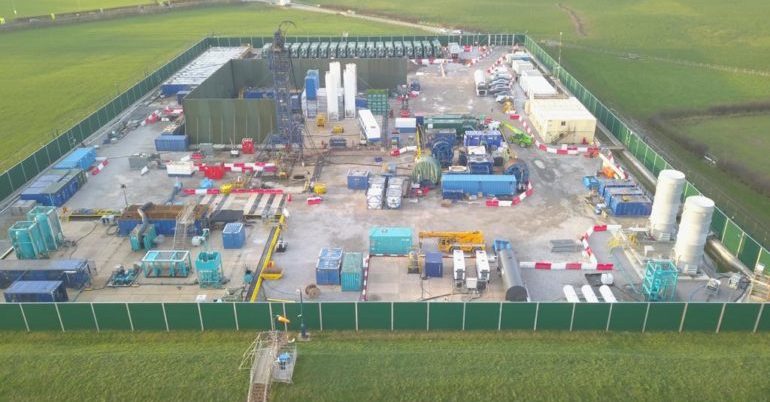Five bits of environment news you don’t want to miss – week 1

In another eventful week for British politics, there was some good and some less good environment news around the world. Here are five stories from this week that you wouldn’t want to miss.
Fracking Moratorium
First up, the big news from the UK. On Friday, the government announced a moratorium on fracking following a 2.9 magnitude earthquake, the biggest yet, caused by Cuadrilla’s relentless attempts to explore for gas in Lancashire. This signals a drastic u-turn from our government, with the prime minister Boris Johnson having previously described fracking as “glorious news for humanity”. Jeremy Corbyn has decried the decision as an “election stunt”.
Natalie Bennett and Lora Christy have covered this for Bright Green. “A moratorium is a temporary suspension of activity. Not an outright ban” writes Lora Christy in her piece, which maps out the battle fought against Cuadrilla and fracking by one group of grassroots activists, who now seem to be close to victory.
Natalie Bennett, in her piece for Bright Green, takes a look at the implications of this moratorium, and whether it could mark a crucial step forward in the wider battle against fossil fuels.
COP Cancelled
Looking beyond the UK, the government of Chile announced that it has had to cancel the COP25 UN climate conference following substantial and sustained anti-government protests in the capital, Santiago. The COP might be moved to Madrid after the Spanish government offered to host the event on behalf of Chile.
“This has been a very difficult decision, a decision that has been deeply painful” Chile’s centre-right president Sebastian Pinera said.
UK Polling
Back in the UK, a poll commissioned by ClientEarth and conducted by Opinium showed that the climate crisis will influence how a majority of people plan to vote when they go to the polls in December.
Almost two thirds of people agreed that the climate emergency is the biggest issue facing humankind, with just 7% disagreeing. Two thirds of people also agreed that fossil fuel companies should help pay for the tens of billions in damages caused by extreme weather events. 63% supported a Green New Deal.
Sea Level Rise
New research published in the journal Nature Communications has estimated that the homes 300 million people around the world will be threatened by rising sea levels, three times the previous estimate.
The upward revision is based on a more sophisticated assessment of the topography of coastlines around the world. “These assessments show the potential of climate change to reshape cities, economies, coastlines and entire global regions within our lifetimes” said Scott Kulp, the lead author of the study
Greta Thunberg declines climate prize
Greta Thunberg declined an environment prize this week. The 16 year old activist said on Instagram “The climate doesn’t need awards. What we need is for our politicians and the people in power start to listen to the current, best available science.”
Her award was announced at a ceremony in Stockholm held by the Nordic Council. A representative for Thunberg also said that she wouldn’t accept the prize sum of 350,000 Danish kroner.
Thunberg has also been forced to search for a lift on board a ship back across the Atlantic following the news that the COP25 hosted in Chile will be cancelled, and possibly moved to Madrid.




Rock on Greta …!